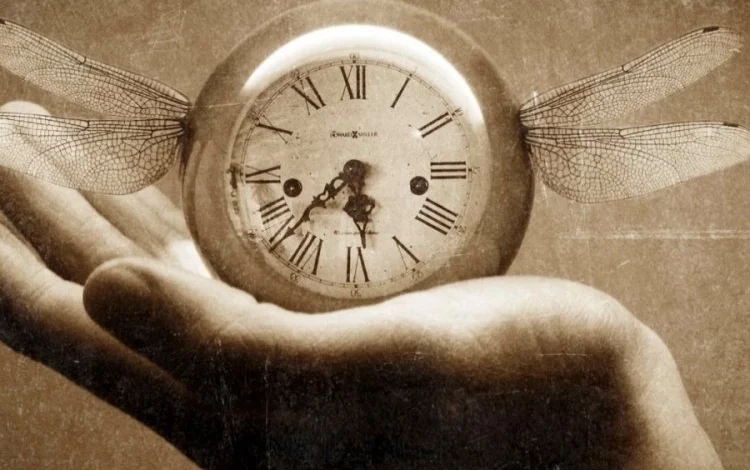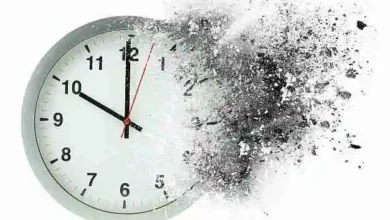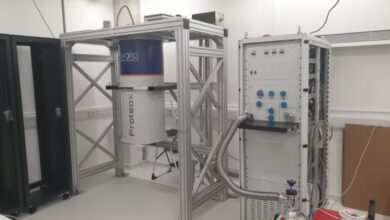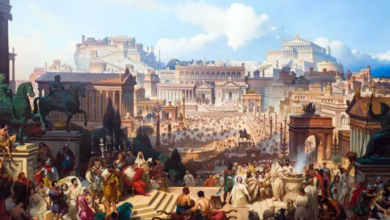Breakthrough in Time Travel Theory: Scientist Proposes Solution to the Grandfather Paradox
Groundbreaking study that could reshape our understanding of time travel, physicist Lorenzo Gavassino from Vanderbilt University claims he has found a potential solution to one of the most enduring puzzles in theoretical physics: the 'grandfather paradox'. According to Gavassino's research, published in the journal Classical and Quantum Gravity, time travel might be feasible without leading to logical contradictions.

The grandfather paradox, a thought experiment dating back to the early discussions of time travel, posits what would happen if a time traveler went back in time and killed their own grandfather before the conception of their parent, thereby preventing their own existence. This creates a paradox: if the time traveler was never born, how could they have gone back to kill their grandfather?
Gavassino’s proposed solution involves a novel integration of general relativity, quantum mechanics, and thermodynamics. He suggests that on closed timelike curves (CTCs), which are theoretical paths through spacetime that loop back to the same point, quantum fluctuations can reverse the entropy—a measure of disorder in a system. “Entropy increase is the reason why we die. What happens when you invert death?” Gavassino asks, implying that on such loops, aging might reverse, memories could vanish, and even irreversible actions like the grandfather paradox might become temporary.
This approach aligns with the self-consistency principle, where any action a time traveler takes in the past must have always been part of history, thus avoiding paradoxes. Gavassino’s work builds on earlier ideas by physicist Carlo Rovelli, showing how entropy could behave differently in time loops, potentially allowing for paradox-free time travel scenarios.
The scientific community has reacted with both excitement and caution. While some see this as a significant step towards understanding time travel within the laws of physics, others argue that the practical implications of such theories remain speculative at best. “This research opens new pathways for theoretical exploration, but we must remember that time travel remains a concept more rooted in fiction than fact at this stage,” remarked a peer reviewer from the journal.
The announcement has sparked a flurry of discussions on social media platforms like X, where posts have shared the news, with users debating the implications for science and the potential for future research into time travel mechanics.
As this theory undergoes further scrutiny and testing, the scientific world watches closely, pondering not just the implications for time travel but also what this might mean for our understanding of the very fabric of space and time.




